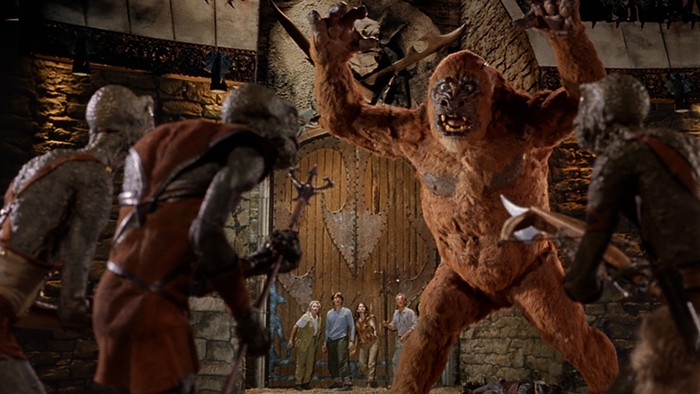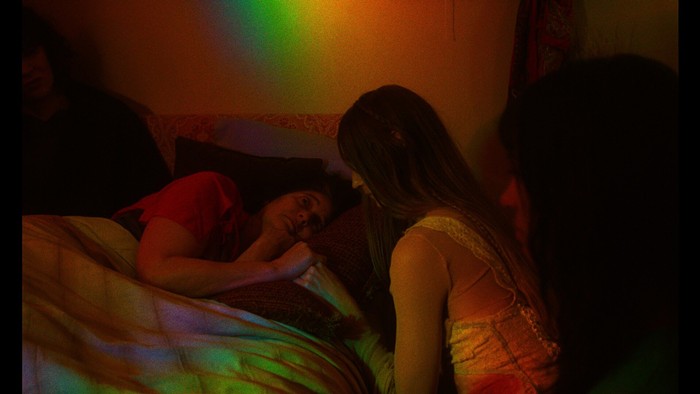Margaret Atwood once said she based everything in The Handmaid’s Tale on something that really happened, and this claim of verisimilitude seems to be the guiding principle behind Hulu’s new adaptation of her sacred text.
It should be. Because while sentient rape joke Donald Trump—who lost the popular vote by 2,864,974 votes—tries his hand at presidenting, he’s a temporary gremlin. Misogyny and public policy frequently intersect, and in this sense, Atwood’s story—about the handmaid Offred, whose fertility is used by the state to control her—is depressingly timeless. When Atwood says her story is rooted in a long-extant reality, I believe her.
This Handmaid’s Tale stays spiritually true to Atwood’s vision, with conceptually appropriate personnel choices (the first three episodes were directed by Reed Morano, a cinematographer known for her work on Beyoncé’s Lemonade) and well-chosen deviations from the text (the book leaves out people of color completely; thank goodness someone vetoed this in the adaptation). While some choices left me shaking my head (there’s one musical cue that... you’ll see), most end up resolving surprisingly well. Even the dialogue’s stilted moments work thematically, since everyone is always speaking in coded language, state-imposed biblical greetings, or quiet subversion—two handmaids’ discussion of ice cream, a seemingly innocuous topic, nonetheless signifies a time before austerity and state-sanctioned rape.
We can’t talk about The Handmaid’s Tale without talking about rape. Without getting too descriptive, I can tell you it’s depicted realistically, responsibly, and as the natural progression of what happens when misogyny is baked into government, when the rule of law is twisted into a weapon against women’s bodies and basic freedoms.
Though some of the casting choices seem off, two are exactly right: Alexis Bledel is a pleasant surprise as Offred’s handmaid friend Ofglen, conveying complex backstory through intonation alone. And as Offred, Elisabeth Moss is perfect. Her sarcastic, angry inner monologue is righteous and relatable. This Offred is world-weary and pissed off. This Offred is a woman I recognize, not because she could be real, but because she already is.



















